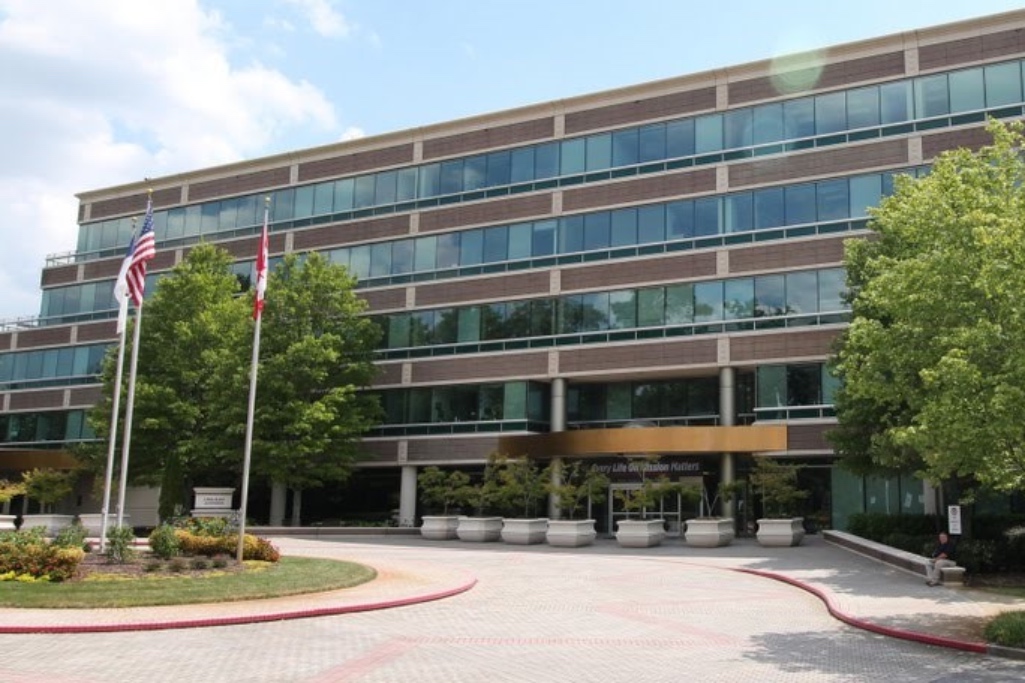
LOS ANGELES (BP) – Several disability advocacy organizations have filed a lawsuit asking California’s End of Life Option Act (EOLOA), a law related to medically assisted suicide, to be declared “unlawful and unconstitutional.”
The organizations believe the EOLOA, a seven-year-old law that was updated in 2021, violates the Americans with Disabilities Act and fails to provide equal protection under the law as outlined in the 14th amendment to the U.S. Constitution.
The updated law reduced to 48 hours the required waiting period between the first and second doses of lethal medications sought by terminally ill patients.
Advocates for people with disabilities say the law violates the Americans with Disabilities Act because those with a terminal diagnosis are considered disabled.
A release from the advocacy groups states the EOLOA law is purposefully unregulated by any entity in California and that state officials and agencies operate under a system which will “treat people with life-threatening disabilities differently than less- and non-disabled people when it comes to expressions of suicidality and supplying appropriate mental health and medical care.”
Plaintiffs named in the lawsuit include:
- United Spinal Association
- Not Dead Yet
- Institute for Patients’ Right
- Communities Actively Living Independent & Free
- Lonnie VanHook
- Ingrid Tischer
Allyson Howell, communications director for the Institute for Patients’ Rights (IPR), told Baptist Press IPR was founded to fight against public policy laws like the one in California.
“Our organization has been opposed to assisted suicide laws from its inception,” Howell said.
“That is its (the organization’s) purpose is to end the dangerous and discriminatory public policy of assisted suicide. Our goal has been to kind of look at the landscape of the states and see where the assisted suicide laws are most at risk of expanding or becoming more dangerous, and California fits that bill.
“They have one of the most liberal assisted suicide laws and so our goal was to present this lawsuit, come together with other organizations who we know oppose this, and say, ‘We believe people with disabilities are at great risk of being targeted by these laws and these laws being expanded.’”
California is not the only state in which assisted suicide has been a hot topic.
There are multiple states where assisted suicide is legal, including:
- Colorado
- Hawaii
- Maine
- Montana
- New Jersey
- New Mexico
- Oregon
- Vermont
- Washington
- The District of Columbia
Assisted suicide, also called medically assisted suicide or physician-assisted suicide, is different than voluntary euthanasia, which is when a medical professional administers the lethal medication to the patient directly.
Euthanasia is prohibited by the federal government and all 50 states.
Four states have already liberalized their laws regarding assisted suicide so far this year, with some not even requiring that patients be citizens of the state to receive a prescription for the lethal medication.
This has created a phenomenon where people with a terminal diagnosis will travel to states with these loose regulations to receive this fatal dose, similar to the way women seeking abortion will travel from states where the procedure is restricted to states where it is not.
Miles Mullin, vice president and chief of staff for the Ethics & Religious Liberty Commission (ERLC), lamented the movement to make suicide more accessible.
“Life is precious from conception to natural death,” Mullin said. “It is a travesty that some political leaders think that making suicide easier and more accessible is an acceptable answer to the pain and suffering of their citizens. It is the state’s job to protect life, not encourage taking it.”
Before her work for the Institute for Patients’ Rights, Howell worked for Midwestern Baptist Theological Seminary and later the ERLC.
As a Southern Baptist, Howell spoke to the importance of viewing assisted suicide as a sanctity of life issue.
“I think that this issue is not a very popular one these days for people in the Southern Baptist world to either be aware of or know about,” she said, “but I believe that that this is a very important issue for Southern Baptist to care about because we hold to valuing life and valuing the image of God for every person.
“Death and the end of life is really uncomfortable. Nobody likes talking about it, but we have to be consistent in our pro-life ethic and we must care about people who are in the most vulnerable circumstances. And people at the end of their lives who have terminal illnesses are very, very vulnerable. It’s not the time to come in and offer someone death. I think Southern Baptist have a huge opportunity to step in and say that this issue matters … this is just not an issue that we want to be behind on.”
(EDITOR’S NOTE – Timothy Cockes is a Baptist Press staff writer.)


